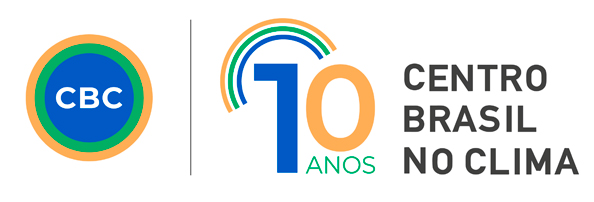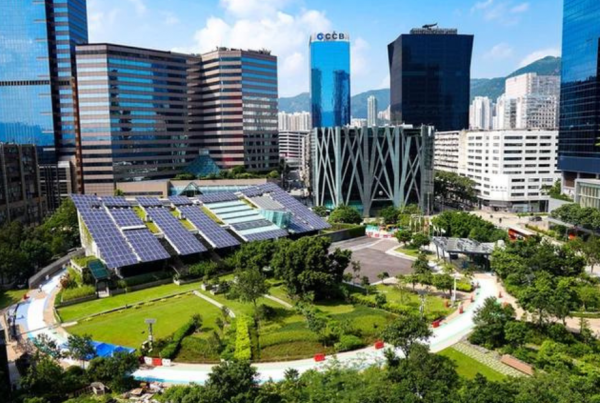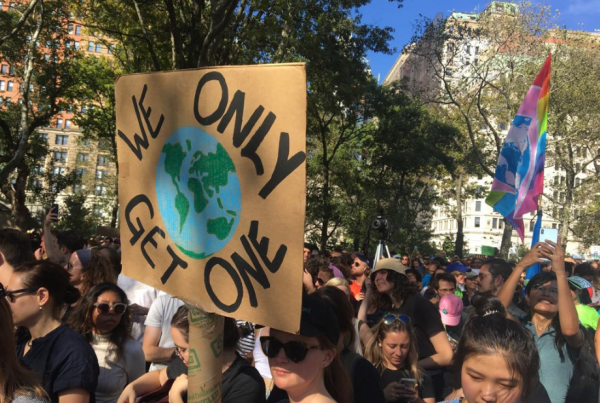Coordinator of the Climate Reality Project Brazil, Sérgio Besserman talks about the role that young leaders can play in helping the country face the challenges of the climate crisis
For a huge country that still does not understand the dimension and complexity of the profound problems generated by climate change, the solution is to form new thinking minds capable of solving this challenging equation and seeking climate justice in Brazil.
This is the opinion of economist and ecologist Sérgio Besserman, who coordinates the Climate Reality Project Brazil, a global organization represented in the country by the CBC (Centro Brasil no Clima). The entities recruited 7,800 young Brazilians for a free online training that began in August and offers tools, specific knowledge and the possibility to participate in a network to act against the climate crisis.
The profile sought is diverse: varied origins, different formations and multiple profiles. Diversity, according to the coordinator, is a key point in the climate challenge. “Different populations have contributions and knowledge that are essential to the struggle for historical transformations,” he told Nexo Besserman, who has studied the economic and social consequences of global climate change since 1992. He was president of the Instituto de Pesquisas Jardim Botânico and IBGE (Brazilian Institute of Geography and Statistics).
Participants will have access to the Climate Reality Project’s network of more than 42,000 activists representing more than 170 countries worldwide. The organization was founded by former US Vice President and Nobel Peace Prize Laureate Al Gore. In Brazil, it has a team of scientists, activists and representatives of Brazilian populations impacted by the climate crisis. There is still no forecast for a new class of the course in the country.
In this interview with Nexo, Besserman spoke about the urgency of training young leaders in the country, whose role is of paramount importance in the challenge of preventing the worst scenarios of global warming. “The biggest difference is that the transition to low carbon is, for Brazil, much more of an opportunity than a cost. And it necessarily involves reducing inequality, the biggest scar of Brazilian society,” he said.
What is a climate leader and why is it important to form this type of leadership today?
SÉRGIO BESSERMAN A climate leader actively engages in the most diverse ways and intensities with organizations, collectives and partner networks to act against global warming and in favor of climate justice. The importance of training is given by reaching the most vulnerable people, which is the low-income population, those oppressed by structural racism and gender discrimination. The training offered by the global organization Climate Reality Project Brazil allows the exchange of knowledge, the promotion of networking, the realization of related cultural activities and access to local, regional and global movements.
How does climate leadership work and how does its work materialize? Is it specifically through climate activism or are there other areas of action as well?
SÉRGIO BESSERMAN There is a great diversity of forms of engagement, which allows leaders from all over Brazil to choose the themes with which they are most involved and with the intensity they want according to the moment of their lives. In addition to activism, being a climate leader facilitates relationships with the most diverse national and global networks and access to knowledge about climate change; knowledge that comes both from academia and from indigenous peoples and local populations who are already observing the direct impacts of climate change on their lives.
What is the profile of potential climate leadership? In the case of this course, what skills are required to participate and which ones do you help to develop?
SÉRGIO BESSERMAN People of all profiles, with different backgrounds and personality traits, have the opportunity to participate and collaborate in the discussion of one of the great themes in the history of this century, which is the end of fossil civilization. The diversity we aspire to and for which we worked hard in building this training will be the greatest strength of Climate. There is no need for special skills to participate in the course and leaders can develop more skills through the most diverse ways of engaging and creating initiatives.
Why did the organization choose to promote training in Brazil?
SÉRGIO BESSERMAN Brazil is very important in the challenge of preventing the worst scenarios of global warming, whether because of emissions resulting from deforestation in the Amazon and Cerrado, or considering the scope of social, technological and cultural solutions. The biggest difference is that the transition to low carbon is, for Brazil, much more of an opportunity than a cost. And it necessarily involves the reduction of inequality, the biggest scar of Brazilian society.
The organization focused on training in different groups, with preferential vacancies for black, indigenous, LGBTI+ and quilombola youth. Why this choice?
SÉRGIO BESSERMAN First of all, because diversity is strength and these populations have essential contributions and knowledge in the struggle for such fundamental historical transformations. And also because any inequality, exclusion or discrimination significantly increases the risks of vulnerability to the impacts of climate change. It is deeply unfair that these populations, often engaged in the struggle for sustainability without receiving anything in return, suffer the consequences of global warming, further aggravating their living conditions.
Why does climate change impact minority groups even more? In Brazil, with its slaveholding heritage, is racism an additional challenge when we talk about climate?
SÉRGIO BESSERMAN Absolutely! Structural racism, so strongly ingrained in Brazilian society, which can be demonstrated by the tragic number of thousands of young black people murdered every year in the country, is a vulnerability factor to the impacts of climate change. These are the people who live in the most vulnerable places, have fewer resources to defend themselves, have less access to public policies and, as a result, have a greater need for organization and articulation to demand the planning and execution of public policies and works to adapt the environment. our current way of life to the impacts to come.
In an election year, how do you assess the attention given to the climate agenda and how does Brazil compare to other countries in the political discussion on the climate?
SÉRGIO BESSERMAN Most opposition political forces included sections dedicated to the green economy and climate change in their government programs, reflecting the greater interest of the population, especially young people, in this topic and an understanding that the country’s future and of its development depends on it. In addition, many extreme weather events are already occurring and causing suffering, loss and damage. Candidates from a variety of spectrums and political positions are talking to Climate and other organizations about the climate, asking for sources of knowledge and looking for ways to engage on the topic. We don’t see a greater number of climate leaders running. Brazil is behind in the integration of the climate challenge to its economic and social development and in the planning and execution of municipal, state and national public policies. The delay is also perceived among decision makers in understanding the size of the challenge and the depth of the necessary transformations in the country. But that is changing and climate leaders have been driving this change.




